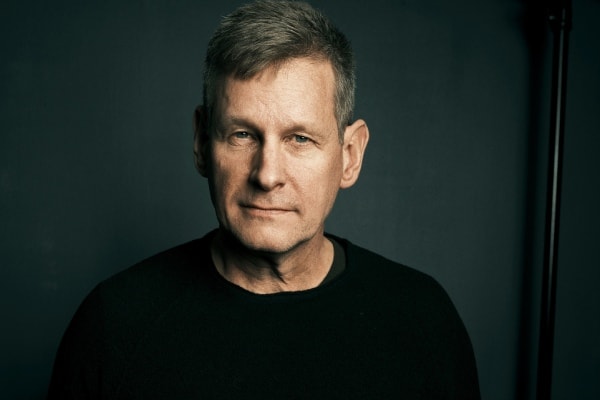Besides just reading the news and being horrified—how should one relate to all of this? When our leaders express concerns that war might spread further in Europe, is it enough to set aside some extra canned goods and buy a hand-crank radio? Or is that even what should be done?
Few go hungry in Ukraine, all information reaches their citizens, and the trains to and from Kiev run on time. Meanwhile, as more than 1000 cars and trucks are stuck on a highway during a snowstorm in Sweden, two authorities and a municipality argue for a day about who has the right to remove the steel barrier separating the lanes.
It’s easy to feel resigned. But our society has leaned on clear principles of responsibility for over a hundred years, which have actually served us well. Unfortunately, they only work in a linear and predictable world, which we have now left behind. A new mentality is required, where everyone must take their share of responsibility and think: “What if…?” and then prepare for it in a reasonable way.
Many has already thought about the extra canned goods, the hand-crank radio, and bringing a couple of blankets in the car. But how should one think at work, and how should one think as a manager and leader with overarching responsibility?
A consistent principle is to actively seek one’s role. If I am a manager: Which ten people is my operation unable to function without? Which raw materials or information are critical to the operation? As an employee: Even if I’m not responsible, I see ways in which I will be affected —what can I do about it? Think about what your own capabilities are and make sure to offer them to others.
Not having made a mistake is not the same as having done what is right. Our society is built on hierarchies, what we can call Approving organizations. If I come across a task that is larger than my area of responsibility or mandate, I must turn to my superior for guidance. No errors are committed, but time and opportunities are lost. In a crisis, one must act according to what is required, to minimize harm and create better conditions for those who come after. The challenge is to transition to a Forgiving approach, not just at the front where things happen, but all the way up in higher management. Mistakes will be made, but they must not be used to hunt for scapegoats; instead, forgive and learn from them. Doing the right thing sometimes has consequences, but focusing solely on not making mistakes in a crisis is always a worse alternative.

Keynote Speaker Robert Karjel
Robert Karjel is a helicopter pilot and a lieutenant colonel in the Swedish Air Force. His job as a helicopter pilot has taken him all over the world, from peace-keeping in Afghanistan to pirate-hunting in Somalia.
